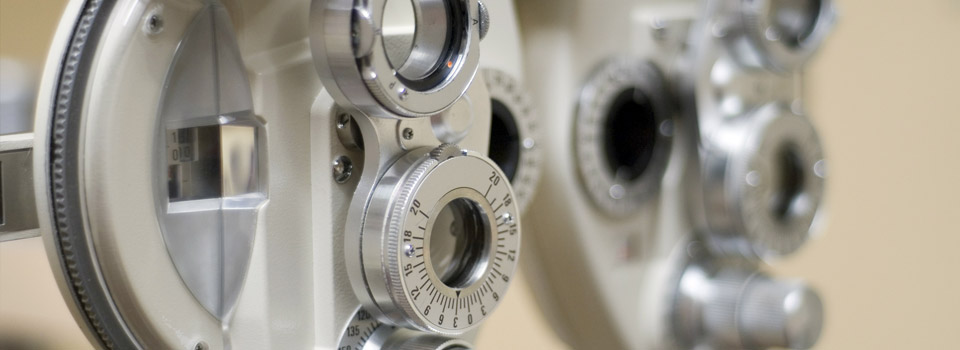January is glaucoma awareness month. Glaucoma is one of the leading causes of vision loss in people over 60 years of age. Glaucoma is treatable and vision loss from glaucoma is preventable with early detection and management for most patients; the problem is that it goes undetected and untreated in up to half of cases. There are really no symptoms to early and moderate glaucoma; it develops painlessly and gradually. An eye examination is one of the only ways to detect it.
Here are the common questions I get asked about glaucoma:
What is glaucoma? This is one of my least favorite questions to explain, because the answer is so complicated! In many ways, we don’t understand glaucoma well. What we know is that glaucoma is progressive disease of the optic nerve, where the nerve fibres slowly die off in a somewhat predictable pattern, resulting in a somewhat predictable pattern of vision loss.
How does glaucoma affect my vision? Glaucoma causes damage to the fibres of the optic nerve. The fibres initially damaged by glaucoma are those that correspond to your peripheral vision. Early or well-treated glaucoma may not cause any vision loss at all – the optic nerve has over a million fibres and some can get damaged without any effect on your vision. Moderate glaucoma damage can cause loss of the peripheral vision, creating a tunnel-vision type effect. Severe glaucoma can progress to include loss of the center of the tunnel vision and blindness.
How is glaucoma diagnosed? Glaucoma can be diagnosed in a comprehensive eye examination by assessing the risk factors associated with the disease. There is not one single test or measurement to determine a glaucoma diagnosis. Diagnosing glaucoma involves analyzing several risk factors and doing a variety of testing, including a thorough examination and assessment of the optic nerve structure, a measurement of the intraocular pressures (IOP), visual field testing (assessing the sensitivity of the peripheral vision), and other specialized testing.
Is glaucoma treatable? Glaucoma is treatable, but not curable. We can slow or even stop the progressive damage to the optic nerve (and any corresponding vision loss) going forward, but we cannot reverse any damage that has already occurred.
How is glaucoma treated? Glaucoma treatment involves lowering the eye pressures (IOP). This can be achieved with medication delivered in eyedrops and dosed daily, or laser treatments that can lower the pressures for months or years at a time. Surgical treatments are also available, and usually reserved for cases that are not well-controlled with eyedrops or laser treatment.
Is glaucoma hereditary? Yes. Having a family history of glaucoma is a risk factor for developing the disease yourself. Go see your Doctor of Optometry for an eye examination to screen for glaucoma if it has been more than two years since your last exam. If you have been diagnosed with glaucoma, you should encourage your direct family members to get tested.
Dr. Lisa Scharf

